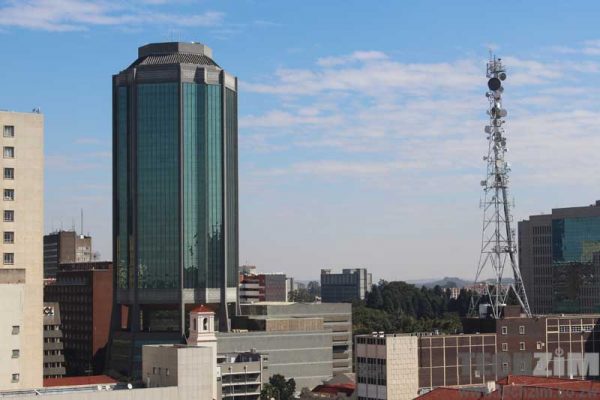ON Saturday the whole nation woke up to the news that pricing of goods and services in foreign currency is now illegal and heavy penalties will be imposed to defaulters. This comes after Statutory Instrument, SI212 of 2019 which banned the use of foreign currency in any local transactions was gazetted.
By Rudairo Mapuranga
What does this mean to the miners?
According to the SI 213 of 2019, it is now illegal to sell goods or services in USD or any other currency except ZWL, it is also illegal to quote prices in foreign currency, to display for sale in foreign currency, to receipt in foreign currency and to value or denominate in anything other than ZWL.
The Statutory Instrument 213 of 2019 like the previous one is not going to affect RBZ foreign currency retention to exporters of 55 per cent foreign currency and 45 per cent local currency in case of gold and 50/50 for other minerals.
The SI213 of 2019 also gave leverage to licensed fuel stations to sell their fuel in foreign currency without any hindrances from the government and law enforcement agents.
However, although miners are still getting their foreign currency retention threshold from the Apex Bank, the introduction of the SI213 comes with many problems that need to be treated with urgency. Mining Equipment suppliers have been quoting their equipment and services prices in the USD and miners would pay in RTGS equivalent using the interbank rate.
According to Norton Miners Association chairperson Privilege Moyo, the move by the RBZ will likely increase operational costs.
“It means suppliers won’t be allowed to peg in USD because it would lead them to sell in USD. But they will peg in local currency at maybe twice the interbank rate which then will definitely affect business because they will need to hedge against ever-changing exchange rates on the parallel market” said Moyo.
Moyo also said that the government now should, therefore, consider giving miners up to 90 per cent foreign currency retention to keep the miners in business because mining operational costs require up to 90 per cent foreign currency. If the equipment suppliers are not allowed to quote prices in foreign currency it means they will just quote in any amount slightly above the interbank rate which makes equipment more expensive.
“Operational costs are going to be higher and profit margin very low to none to small scale miners,” Moyo said.
Some miner also expressed concern over the gazetted SI 213 of 2019 saying that it promotes leakages and loss of foreign currency to other countries since it will be cheaper for miners to buy everything they need on their mine from abroad than in Zimbabwe which literally will kill business in Zimbabwe.





